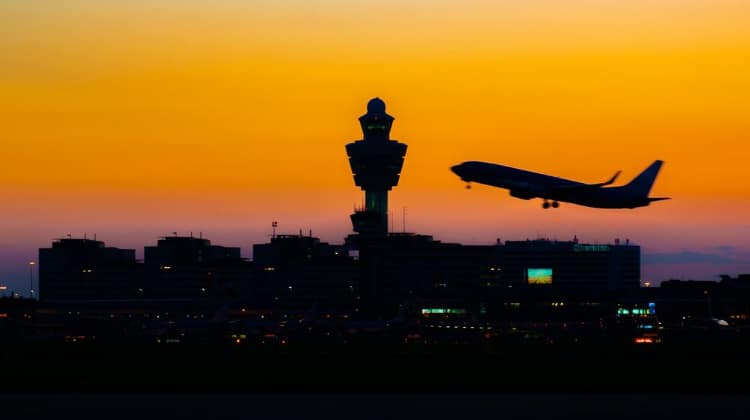
VVD Minister Mark Harbers (Infrastructure and Water Management) is once again facing setbacks in his attempts to limit the nuisance caused by Schiphol. The Dutch government should not simply introduce two measures to reduce noise pollution. The state should first have gone through the correct European procedure for limiting the capacity of an airport. This is what the Advocate General at the Supreme Court writes in an advisory report. The advice is not yet a ruling, but the opinions of the Advocate General are usually adopted by the Supreme Court, NRC reports. The plan presented by Harbers in June 2022 consists of two parts. Firstly, it concerns the reduction from 500,000 to 460,000 take-offs and landings per year. Initially, Harbers was given the green light by the Court of Appeal, as it would be a temporary measure. However, the Advocate General at the Supreme Court states that this decision must also be assessed by the European Commission. This is an established procedure that is better known as a ‘balanced approach’. The balanced approach procedure must be followed when an EU Member State wants to implement an operating restriction due to noise pollution at an airport with more than 50,000 aircraft movements per year. This balanced consideration means that other measures must first be applied to limit the nuisance before the cuts can be made in Schiphol itself. In addition, according to Harbers’ plan, the tolerance of flights that make too much noise had to come to an end. This tolerance has been going on for 15 years. However, the ILT (Human Environment and Transport Inspectorate) is not allowed to impose sanctions on airlines that make too much noise as long as they comply with agreements, including about flight routes. These agreements would be enshrined in law in the near future. In short, the minister should have followed a European procedure for both parts of his plan, the experimental scheme and the cessation of tolerance, writes the Advocate General. This is in accordance with the ruling of the District Court in Haarlem (April 2023) in the preliminary relief proceedings brought by KLM and other companies and interest groups from the aviation sector, among others. The Court of Appeal in Amsterdam rejected this verdict in July 2023 and ruled in favor of Harbers. However, the minister now finds the Advocate General of the Supreme Court on his path. KLM’s response KLM has responded positively to the advice.
In a response to TravMagazine, a spokesperson said: ‘KLM agrees with the clearly substantiated advice of the Advocate General that the experimental scheme cannot be used to reduce the number of aircraft movements at Schiphol, even if this is temporary in nature. According to the Advocate General, any form of capacity limitation must be subject to a balanced approach procedure in accordance with European legislation. This is used to test whether the noise reduction target is achieved in a balanced manner. We are now awaiting the Supreme Court’s ruling on this.’ KLM adds: ‘KLM wants to continue to connect the Netherlands with the rest of the world in balance with its environment. To this end, we have drawn up a plan for cleaner, quieter, more economical vehicles, which shows that this can be done without reducing the number of aircraft movements.’ (Photo Shutterstock).